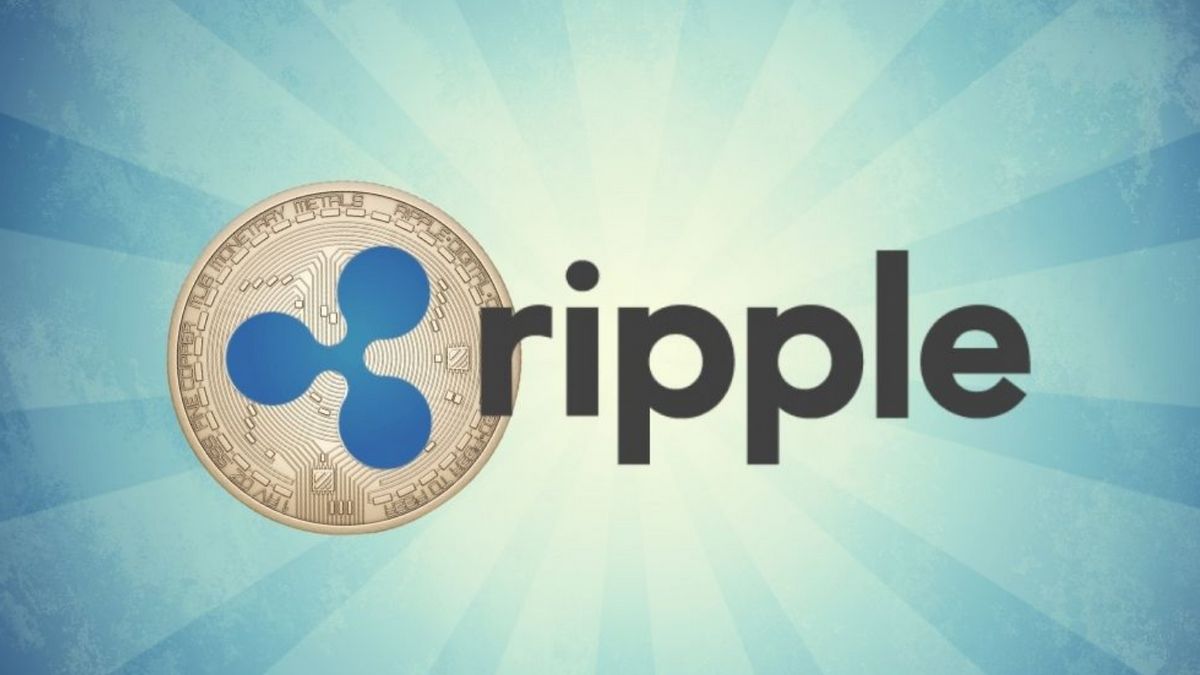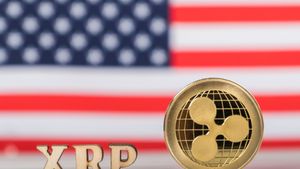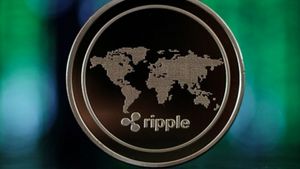JAKARTA The legal feud between Ripple and the United States Securities and Exchange Commission (SEC) has been in the main spotlight and sparked debate from the start. Judge Torres' initial decision was a very eagerly awaited moment, and the most influential part.
Judge Torres assesses that the sale of XRP digital tokens on public exchanges is in accordance with federal securities laws because buyers do not have reasonable expectations based on Ripple's efforts. Even so, the SEC still has not accepted the decision completely. The US regulator filed an interim appeal to the court.
For information, interlocutory appeals are the type of appeal that occurs when other parts of a case are still ongoing. This case has been scheduled for trial on April 23, 2024. However, in the latest developments, the SEC filed a motion for an appeal permit against Judge Torres' findings on XRP's "programmed" sales and XRP's "other distribution" as service payments.
SEE ALSO:
The SEC claims that this appeal is critical to a "large number" of lawsuits. However, Judge Torres rejected the SEC's request, assuming that the SEC was unsuccessful in proving that there were legal questions in control, or that there were still substantial reasons for dissent.
Although the crypto community rejoiced over Judge Torres' initial decision, and now that he has rejected interlocutory appeals, the case is far from over. After the trial on April 23, the SEC still has the option to appeal all decisions.
This case becomes even more complicated because the judge's decision may vary. Some judges may agree with the interpretation of the federal securities law by Judge Torres, while others may not. This depends on the facts and details of each case.
The English, Chinese, Japanese, Arabic, and French versions are automatically generated by the AI. So there may still be inaccuracies in translating, please always see Indonesian as our main language. (system supported by DigitalSiber.id)















